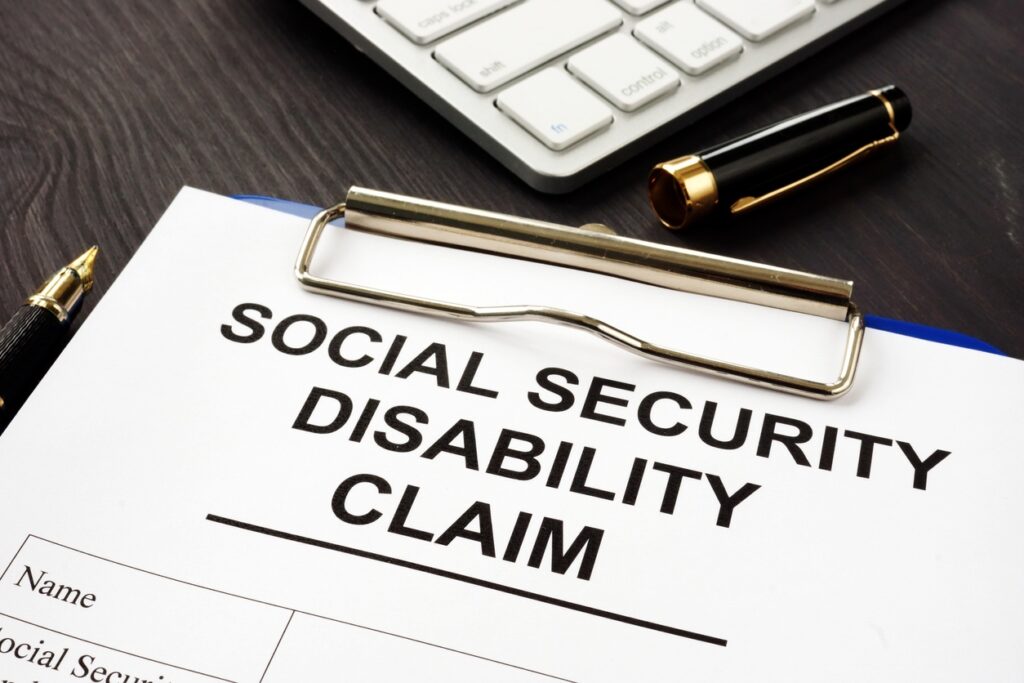 The Social Security Administration released its first Equity Action Plan in mid-April in support of President Joe Biden’s priority of advancing equity, civil rights, racial justice, and equal opportunity for everyone applying for Supplemental Security Income (SSI) programs and services.
The Social Security Administration released its first Equity Action Plan in mid-April in support of President Joe Biden’s priority of advancing equity, civil rights, racial justice, and equal opportunity for everyone applying for Supplemental Security Income (SSI) programs and services.
It’s a vital initiative that also reveals important statistics for those pursuing Disability (DI) or SSI Disability claims.
“The DI and SSI programs provide benefits to claimants who cannot work because they have a medical condition that is expected to last at least one year or result in death,” the plan explains. “In determining whether a claimant is eligible for disability benefits, we (i.e., Disability Examiners at the State Disability Determination Service offices, administrative law judges, and administrative appeals judges) rely on medical evidence, work history information, and testimony from the claimant and any other relevant sources (e.g., a third-party, medical expert, or vocational expert).”
Let’s look at some of the statistics around those processes:
- The data at the hearing level shows that in 2020, nearly 62.5 percent of dismissals were for cases where the claimant did not have a representative. (In other words, nearly two-thirds of those denied did not have an attorney).
- Despite the Social Security Administration’s efforts to inform claimants about their right to representation after their application has been denied at the initial, reconsideration, or hearing level, data show that in 2020, 34 percent of claimants were unrepresented at the reconsideration level and 23 percent of claimants were unrepresented at the hearing level. (That means claimants aren’t retaining counsel even when there are signs they may need professional help.)
- A Government Accountability Office report found that claimants who had a representative at the hearing level were granted disability benefits at a rate nearly three times as high as applicants who did not have a representative.
Let’s review a few key takeaways:
- Research shows that having a representative during the disability appeals process increases the possibility of being awarded benefits.
- A Government Accountability Office (GAO) report found that claimants who had a representative at the hearing level were granted disability benefits at a rate nearly three times as high as applicants who did not have a representative.
- Claimants can choose to appoint an attorney or non-attorney representative at any point in the disability application process.
Some claimants may be reluctant to pay a portion of their awarded back benefits to a representative, as the Barriers to Equitable Outcomes section of the plan notes, saying others may not understand how a representative could assist them in the application process, and still others may not have access to free or low-cost legal services.
Another barrier, we often find, is that those pursuing Disability (DI) or SSI Disability claims don’t understand that firms such as Cramer & Anderson do not charge fees up front.

Social Security Disability Attorney Jennifer Collins
Anyone with questions should feel free to reach out to me by email at jcollins@crameranderson.com, call the Danbury office at (203) 744-1234, or visit my profile page.
More on the Social Security Equity Action Plan
President Biden signed a 2021 Executive Order, Advancing Racial Equity and Support for Underserved Communities Through the Federal Government requiring Federal agencies “to pursue a comprehensive approach to advancing equity for all, including people of color and other people who have been historically underserved, marginalized, and adversely affected by persistent poverty and inequality.”
“Systemic barriers may prevent people who need our programs the most from accessing them,” Kilolo Kijakazi, Acting Commissioner of Social Security, said when the Equity Action Plan was released in April in response to the Executive Order. “Our Equity Action Plan will help to reduce these barriers and ensure people have access to our services.”
The Equity Action Plan includes:
- Increasing collection of race and ethnicity data to help understand whether programs are equitably serving applicants and beneficiaries,
- Revising policies and practices to expand options for service delivery,
- Ensuring equitable access for unrepresented claimants in the disability application process,
- Decreasing burdens for people who identify as gender diverse or transgender in the Social Security number card application process, and
- Increasing access to research grant programs for Historically Black Colleges and Universities and Minority Serving Institutions and procurement opportunities for small and disadvantaged businesses.
To learn more, visit www.socialsecurity.gov/open/materials/SSA-EO-13985-Equity-Action-Plan.pdf.

